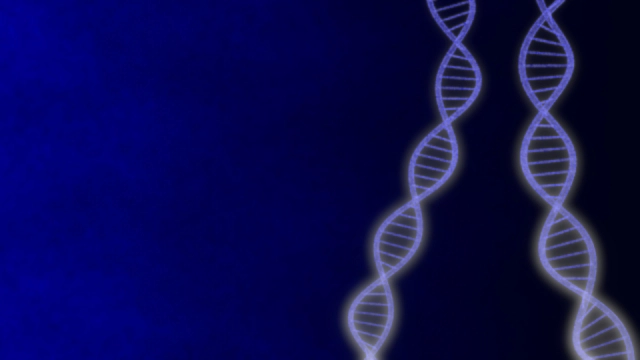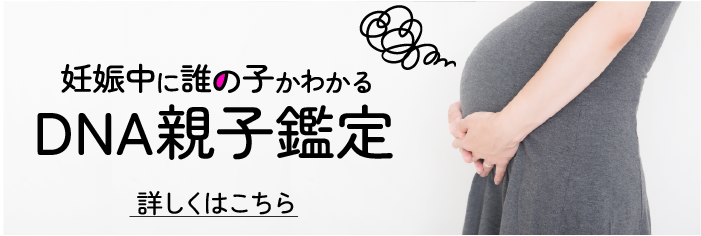
Paternity Testing
Postnatal paternity testing is a DNA test conducted to confirm whether an individual has a biological parent-child relationship with another person. This test involves analyzing specific regions of DNA (commonly short tandem repeats, or STR regions) from the individuals involved to determine their genetic relationship.
Paternity testing compares the child’s inherited DNA characteristics to those of the parent, providing a highly accurate confirmation of the parent-child relationship. Typically, either the father or mother is tested, making it the most direct method of verifying a biological connection.
Sibling Testing
Postnatal sibling testing is a DNA test performed to determine whether two or more individuals share one or both biological parents. Compared to paternity testing, sibling testing is more complex and generally less accurate. It involves comparing the DNA of siblings to identify shared genetic markers, usually within STR regions, to assess the likelihood of having the same biological parents.
In cases where parental DNA is unavailable, the amount of analyzable genetic information is reduced, which may lead to less definitive results compared to paternity tests. Despite these limitations, sibling testing is still a valuable tool for assessing the probability of a shared biological parent.
Methodology
Postnatal paternity testing primarily involves collecting cells from the inner cheek (buccal mucosa) to analyze DNA. This method compares the DNA of the parent and child, identifying matching genetic patterns to confirm a biological relationship.
Other samples, such as blood or hair containing DNA, may also be used. The testing process employs advanced technologies, ensuring high reliability for applications such as legal proof, inheritance claims, and immigration procedures.
The STR (Short Tandem Repeats) analysis used in paternity testing examines specific regions of DNA with short, repeating sequences of base pairs (usually 2–6 base pairs). These repeat patterns vary between individuals, making them ideal for verifying biological relationships.
Typically, 20–24 STR regions are analyzed to identify shared patterns between the parent and child. Since a child inherits half of their DNA from each parent, the matching patterns conclusively confirm the parent-child relationship.
Why use STRs?
- High Reliability: STR patterns differ between individuals, making them highly suitable for determining parent-child relationships with accuracy.
- Simplicity: STR analysis requires only a small amount of DNA, which can be easily extracted from samples such as buccal mucosa, blood, or hair.
- Legal Recognition: Due to its proven reliability, STR analysis is widely accepted in many countries for establishing legal parentage.
In addition to parent-child relationships, this method can also be used to determine other familial relationships, such as those between grandparents, siblings, and other relatives.
Results
High Precision: If a parent-child relationship exists, the results confirm a match with a probability of over 99.99999999999%. If no parent-child relationship exists, the results exclude it with the same high level of certainty.
Fast Reporting: Test results are typically delivered within an average of 5.5 days.

Use Cases
Legal: For determining custody rights or deciding child support arrangements.
Personal: To confirm family relationships or assess genetic risks.
These tests are highly reliable and can be used as evidence in court.
Legal testing under the supervision of a physician is also available.
For those interested in parentage testing, please feel free to contact us.
Results Delivery: Test results will be emailed within an average of 5.5 days.
For legal testing, a signed document by a physician will be mailed after the test results are sent via email.
Pricing
| DNA Postnatal Testing | Price (Including Tax) | Purchase Link |
|---|---|---|
| Parent-Child Testing | ¥68,800 (For two subjects, legal testing) | Generio.jp |
| Sibling Testing | ¥68,800 (For two subjects, legal testing) | Generio.jp |






